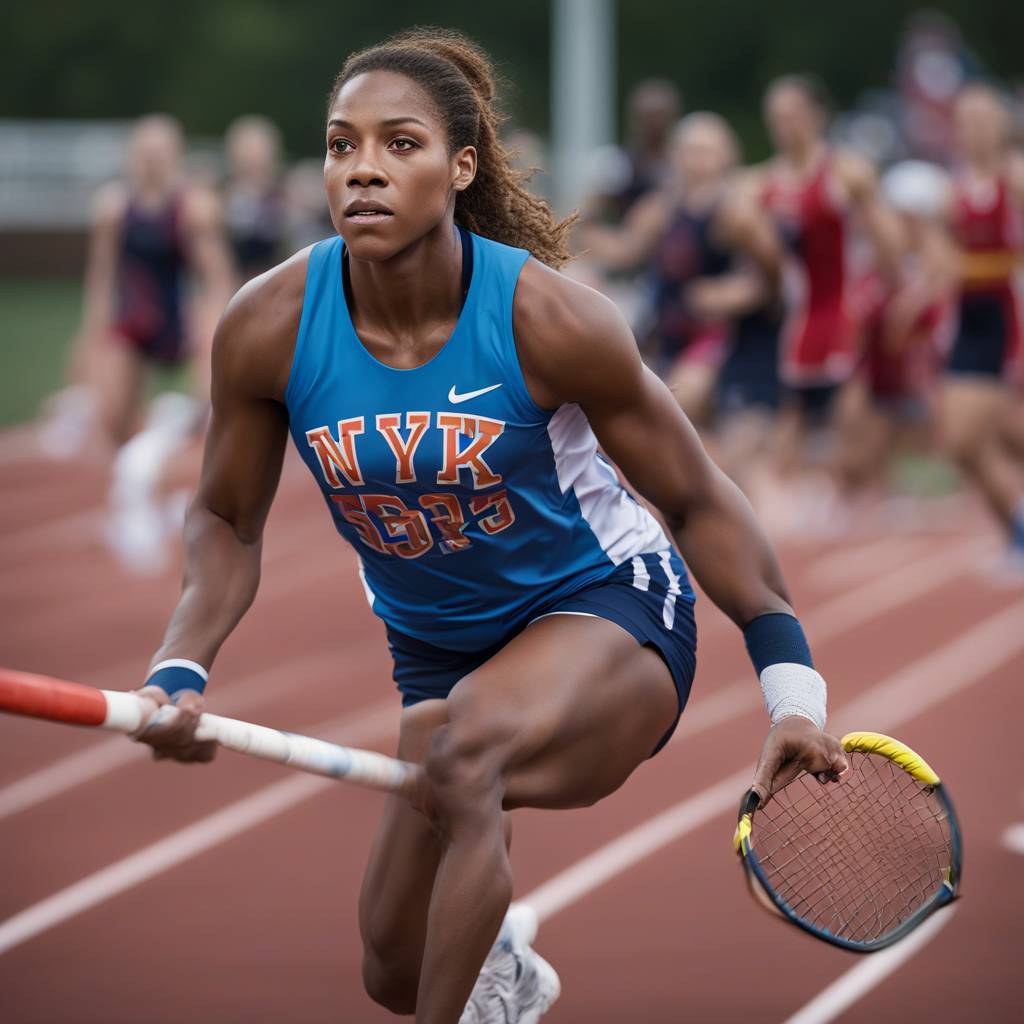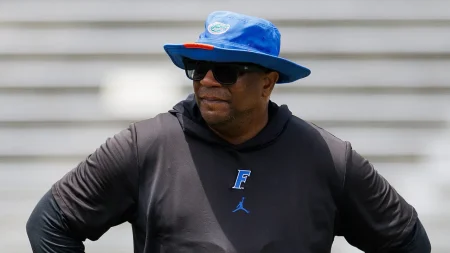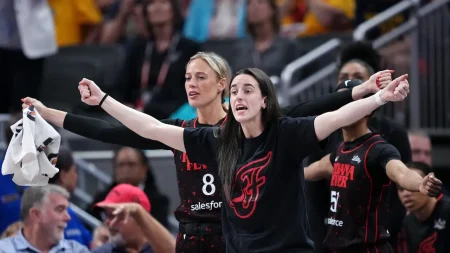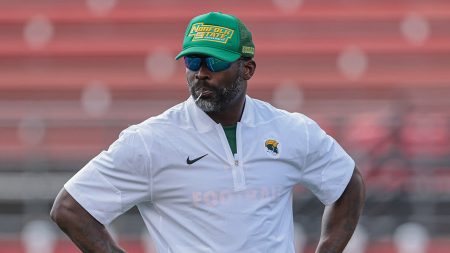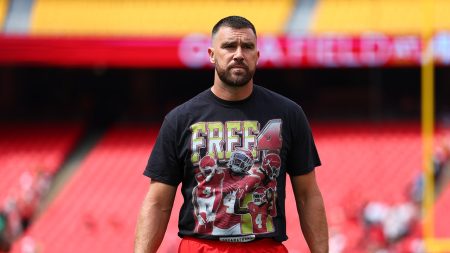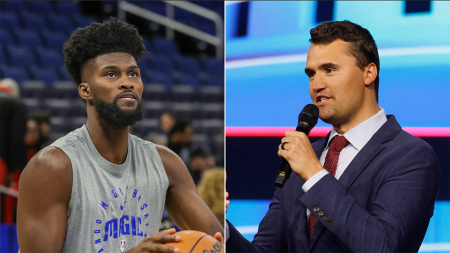A federal judge denied a request by New York’s Nassau County to prevent women’s and girls’ teams with transgender players from using county-run parks and sports facilities without legal consequences. The judge cited the Constitution’s 11th Amendment as preventing a local government from suing a state government in federal courts. Nassau County Executive Bruce Blakeman issued an executive order to deny permits to county-run parks and sports facilities where girls’ and women’s sports teams couldn’t confirm that all members were biological females. The order was meant to ensure fair competition for female athletes but received backlash for being seen as transphobic and illegal under New York’s human rights laws.
The executive order did not affect men’s or mixed teams but specifically targeted women’s teams with transgender players. Blakeman was supported by Olympic gold medalist Caitlyn Jenner, who endorsed the ban. However, the order faced legal challenges from various parties, including Democrat state Attorney General Letitia James, who called it transphobic and blatantly illegal. The Long Island Roller Derby League, facing the possibility of not being able to use county-run facilities due to the order, sued Blakeman. The league allowed anyone who identifies as a woman to participate, including a transgender player, and was backed by the New York Civil Liberties Union in their lawsuit.
The Long Island Roller Derby League emphasized the importance of creating a welcoming and inclusive environment for all participants, including transgender women. League vice president Amanda Urena, who competes as “Curly Fry” and identifies as queer, expressed the league’s commitment to fighting for a safe space for transgender players to participate. The lawsuit against Blakeman and the executive order was set to be dismissed by the federal judge in April, as indicated by Judge Choudhury. The legal battle highlighted the ongoing debate surrounding transgender inclusion in women’s sports and the challenges faced by transgender athletes in accessing sports facilities.
Despite the legal setback for Nassau County’s executive order, the issue of transgender inclusion in women’s sports remains contentious and divisive. While some argue for maintaining fair competition by excluding transgender players, others advocate for inclusivity and equal opportunities for all athletes, regardless of gender identity. The case also raised broader questions about the intersection of state and federal laws, as well as the constitutional rights of transgender individuals. As the legal and social landscape continues to evolve, the fight for transgender rights in sports is likely to persist, with implications for the broader LGBTQ+ community and the future of gender equality in athletics.




